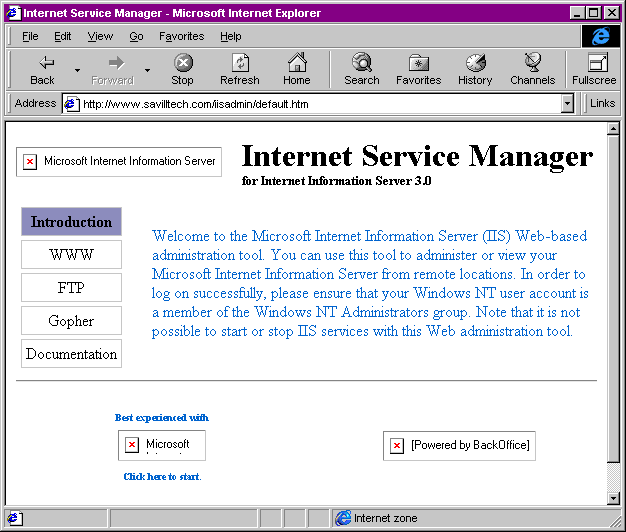We recommend it here because it separates your installation from the system Perl, this makes upgrading your OS less likely to cause issues with your own Perl setup. It also means you can use a newer Perl than the default one which comes with your OS. App-cpanminus provides the cpanm tool, which makes installing modules very simple to do. Mar 31, 2016 system vs using library functions: Some common uses of system in Windows OS are, system(“pause”) which is used to execute pause command and make the screen/terminal wait for a key press, and system(“cls”) which is used to make the screen/terminal clear. However, making a call to system command should be avoided due to the following reasons. Installing a Perl Module from CPAN on Windows, Linux and Mac OSX How to change @INC to find Perl modules in non-standard locations How to add a relative directory to @INC. I am trying to run a Perl script that reads in filenames from stdin and calls du using a system command. When I run the du command on the commandline it works fine but when du is called in the perl script using system I get 'No such file or directory.'
- Perl Basics
- Perl Advanced
- Perl Useful Resources
- Selected Reading
Description
This function executes the command specified by PROGRAM, passing LIST as arguments to the command.
The return value is the exit status of the program as returned by the wait function. To obtain the actual exit value, divide by 256.
Syntax
Following is the simple syntax for this function −
Return Value
This function returns exit status of program as returned by wai
Example
Following is the example code showing its basic usage −
When above code is executed, it produces the following result −
- The C Standard Library
- C Standard Library Resources
- C Programming Resources

- Selected Reading
Description
The C library function int system(const char *command) passes the command name or program name specified by command to the host environment to be executed by the command processor and returns after the command has been completed.
Declaration
Following is the declaration for system() function.

Parameters
command − This is the C string containing the name of the requested variable.
Return Value

The value returned is -1 on error, and the return status of the command otherwise.
Example
The following example shows the usage of system() function to list down all the files and directories in the current directory under unix machine.
Let us compile and run the above program that will produce the following result on my unix machine −
The following example shows the usage of system() function to list down all the files and directories in the current directory under windows machine.
Perl Library For Mac System Calls Download
Let us compile and run the above program that will produce the following result on my windows machine −